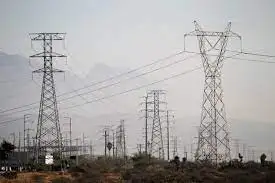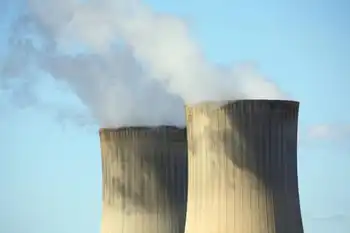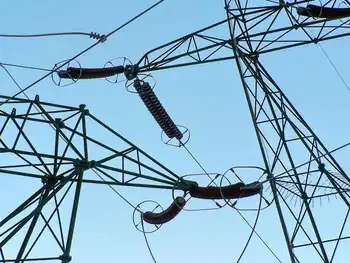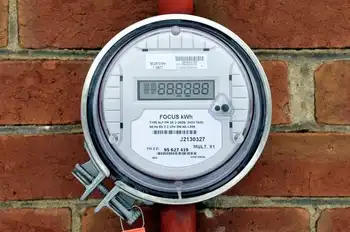Two carbon capture projects scrapped
Energy company Fortum Oyj has announced that it is pulling out of the Finncap project in Finland, while the Dutch government has canceled plans to store carbon dioxide under the town of Barendrecht in the western part The Netherlands.
Fortum has decided to ditch its efforts to build a large-scale demonstration plant at the 565-megawatt MW Meri Pori, which it jointly owns with Teollisuuden Voima Oyj TVO. The company said that the project presents too many technological and financial risks, and no longer fits in with its future strategy. Its partner in the project, TVO, pulled out earlier this autumn.
This the second major CCS project to be canceled in recent weeks, following the decision by German energy giant E.ON to can its CCS development plans for the 1,600-MW Kingsnorth coal-fired plant in the UK.
The project at Meri Pori aimed to trap and store more than 1.2 million tons of CO2 per year, and was designed to treat about 50 of the effluent flue gases with a CO2 recovery rate of 90. The project was expanded to transport the captured CO2 and use the gas to enhance oil recovery from the nearly depleted oil and gas wells.
"Finncap has been one of the biggest and most progressive CCS research projects in the world," said Matti Ruotsala, the executive vice president of the Power Division. "According to Fortum's updated strategy, coal condensing is not within the core of the company's operations in light of this, the risks grew too extensive. For these reasons we cannot continue the project. According to our strategy, we focus on carbon dioxide-free hydro and nuclear power, as well as resource-efficient combined heat and power production. However, Fortum will actively monitor the development of CCS technology by participating in various projects in collaboration with other players in the sector." According to Fortum, even if it managed to secure European Union EU funding, it would have covered just a portion of the project costs, which were estimated to be about 500 million euros $705 million.
As a result of the decision, the Finncap project will not attempt to join the EU's CCS demonstration programme, which will be accepting applications soon.
The decision is bad news for Siemens Energy, a subsidiary of Siemens AG, which was selected as the technology partner for the Finncap project last year. In The Netherlands, Royal Dutch Shell plc was heading up the Barendrecht project, which it hoped would store carbon dioxide transferred by pipeline from a gasification hydrogen plant at its Pernis refinery, which is near Rotterdam. However, the government has pulled the plug, citing delays and increased local opposition.
"The delay of the CO2 storage project of more than three years and the complete lack of local support are the main reasons to stop," said Maxime Verhagen, the Dutch Minister of Economic Affairs, Agriculture and Innovation. "The realisation of this project is no longer possible in the short term. The experience gained here is extremely valuable for the further development of CO2 storage in the Netherlands but, the continuation of the relatively small project in Barendrecht is no longer essential."
The Netherlands remains committed to CO2 capture, however, with the government recently awarding a 150 million-euro US $208.6 million grant for the country's first large-scale CCS project, which is planned for the new Maasvlakte coal-fired plant in Rotterdam by E.ON AG and GDF Suez.
Related News

Electricity is civilization": Winter looms over Ukraine battlefront
KYIV - On the freshly liberated battlefields of northeast Ukraine, a pile of smashed glass windows outside one Soviet-era block of apartments attests to the violence of six months of Russian occupation, and of Ukraine’s sweeping recent military advances.
Indoors, in cramped apartments, residents lived in the dark for weeks on end.
Now, with a hard winter looming, they marvel at the speed and urgency with which Ukrainian officials have restored another key ingredient to their survival: electric power.\
Among those things governments strive to provide are security, opportunity, and minimal comfort. With winter approaching, and Russia targeting Ukraine’s infrastructure,…





